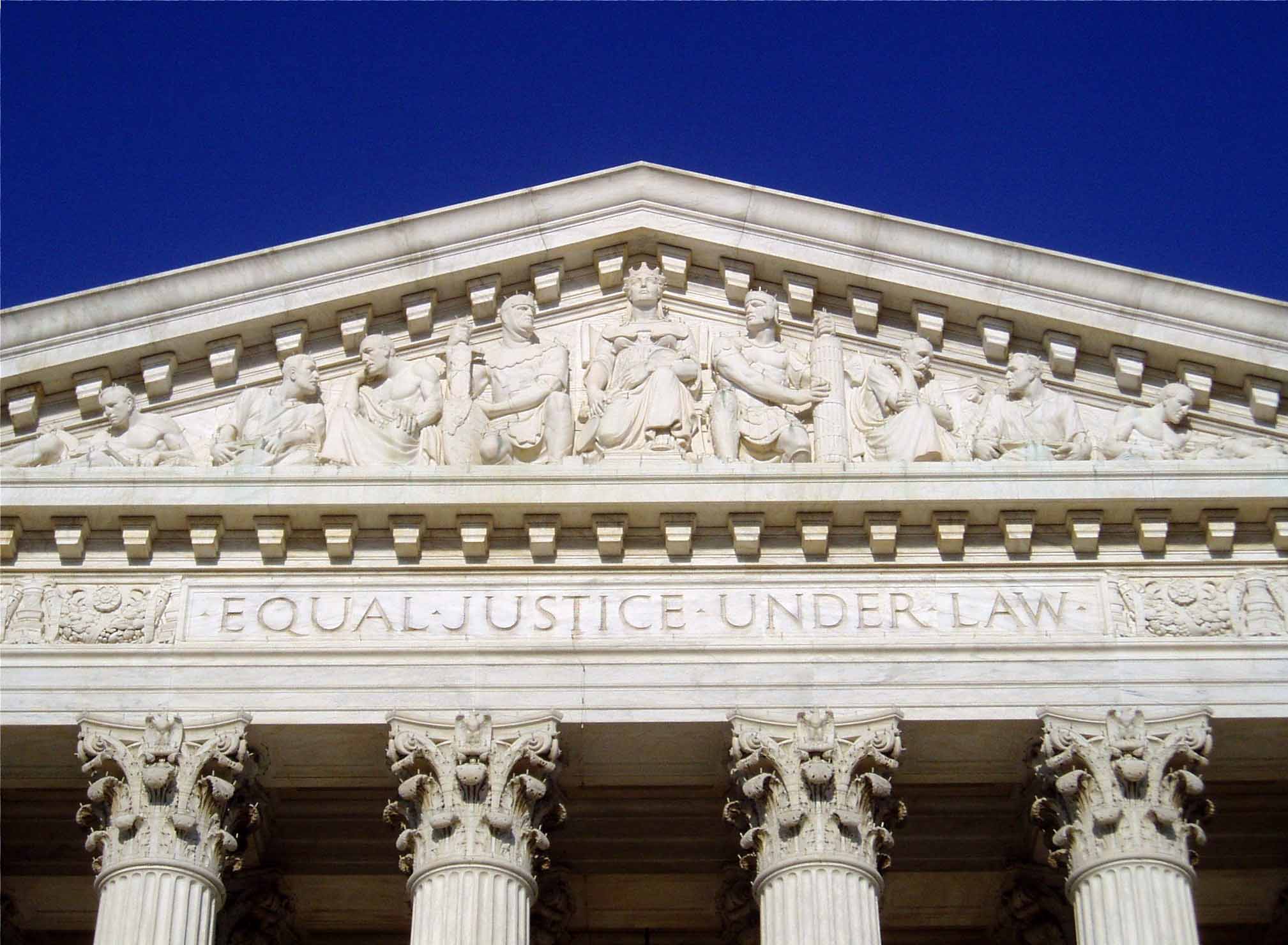
The United States Supreme Court is not getting involved in the lawsuit between Oracle and Google. The case, in which Oracle accuses Google of infringing its copyright over Java APIs, will now return to lower courts, as both sides will most likely continue appealing the case.
The tangled knot of decisions and accusations left even the Supreme Court looking for advice. Rather than decide whether or not it should take on this litigation, it asked for the Solicitor General of the United States to offer his opinion. In the end, the court went with his opinion, and passed on the case entirely.
That leaves the previous decision by the U.S. Federal Circuit Court of Appeals standing, and potentially leaves all of those who replicate API functionality in jeopardy. But the Electronic Frontier Foundation’s special counsel Michael Barclay said that the standing decision is not the sort upon which precedents are set.
He pointed out, “an argument the solicitor general made: the Federal Circuit [Court of Appeals] is a patent court. They don’t do a lot of copyright litigation.” But as this case began as a patent case, he said, “The appellate court rules if an appeal starts as a patent claim, it goes to Federal Circuit instead of the Ninth Circuit, where it belongs.”
To confuse matters even further, Barclay said the Federal Circuit didn’t actually apply the proper laws to its decision. “The Federal Circuit is supposed to apply Ninth Circuit law,” he said. “They didn’t. They applied Third Circuit law. This decision is by a court that doesn’t have precedent-making authority in copyright cases. This is not binding on any other court.”
This seemingly wrong decision to apply the laws of a different circuit court is a sticking point for the Supreme Court, which likely used this as one of the primary reasons not to hear the case.
That said, it’s still not a decision that’s of any comfort to software developers. “It’s a scary opinion. Some other court might say ‘I should follow what they think,’ but it isn’t binding authority. If you have a copyright case in the Ninth Circuit, and you try to apply [Google v. Oracle], the judge would say, ‘No, we apply Ninth Circuit law here.’ ”
Despite this reassurance, the EFF also put out a blog-based call for anyone who has been sued under similar circumstances over the coming weeks and months. Mitch Stoltz, staff attorney at the EFF, wrote that blog entry on the nonprofit advocacy group’s website that asked for readers to alert them should they be sued over an API copyright violation.
Barclay is waiting to see if such suits arise in the wake of this decision, or lack thereof. “What remains to be seen is how many new cases we get involving APIs, and how bad of a problem it is,” he said.
“We’ll see if it’s the end of the world. I worked on the Lotus v. Borland case 20 years ago, and we thought we’d get a whole slew of API cases when the Supreme Court ruled. But nothing much changed.”






